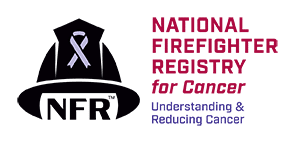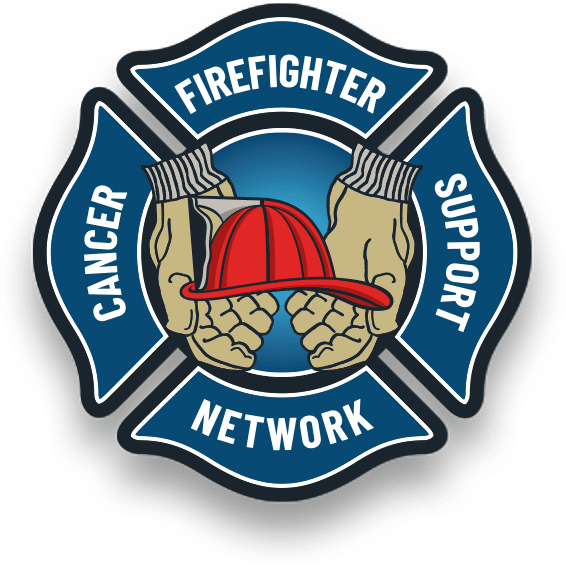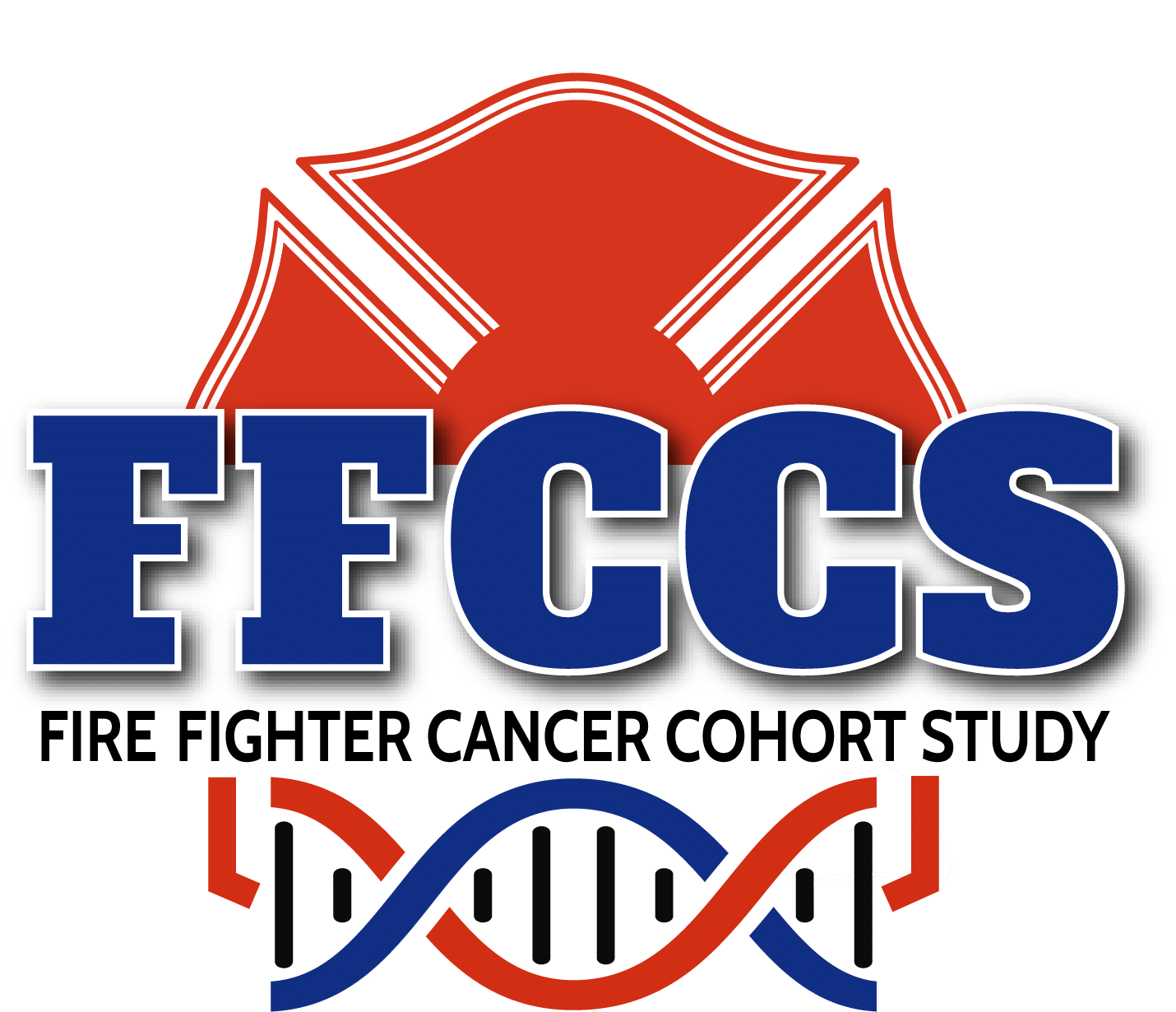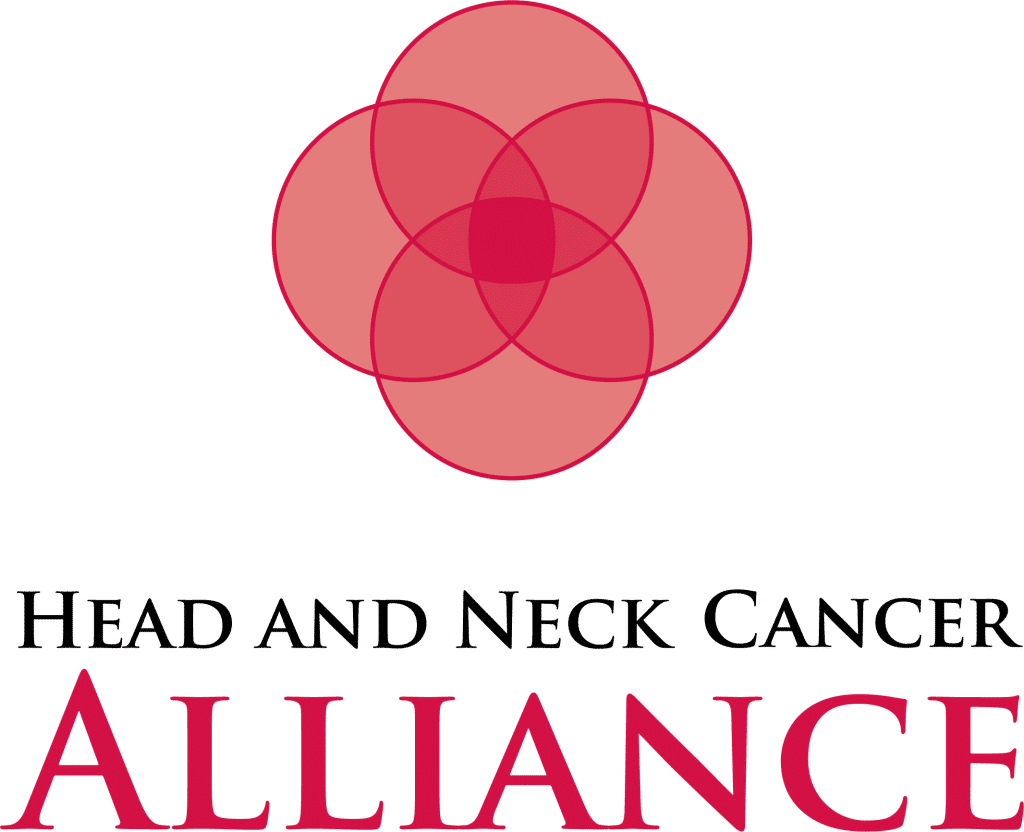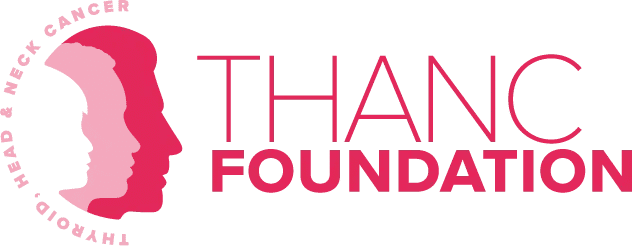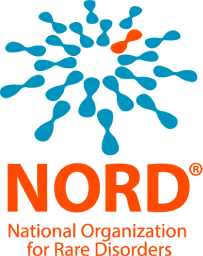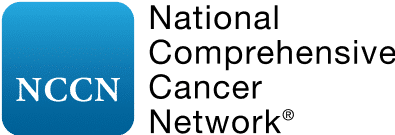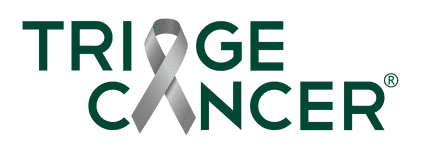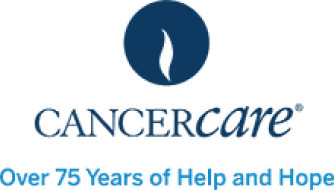patient advocacy
Building on our commitment to delivering next generation cancer therapies, we are equally committed to delivering next generation patient advocacy.
What does next generation patient advocacy mean at Coherus?
- A corporate culture relentlessly focused on keeping patients at the forefront.
- Meaningful and active engagement with patient advocacy organizations.
- A promise to learn from people who live with cancer, and those who care for them.
“At Coherus Oncology, we understand that cancer is personal. We recognize that every patient has something important to teach us about how cancer has impacted their daily lives – work, school, parenting, caregiving. We listen to patients and strive to apply their insights and unique perspectives across all we do, from bench to bedside and beyond.”
We finally arrived for the first adults-only vacation we hadn’t been on in years, a birthday celebration with other couples. No kids. Excitement, fun, and alone time. On one of the days my husband Floyd and I decided to go our separate ways as I had to run a quick errand. As I turned to leave, I looked back at my husband of almost 12 years, and I saw it: a golf ball-sized growth sticking out of his neck in the Florida sunlight.
Instinctively, I knew something was terribly wrong. And I was scared.
When we arrived home, we scheduled a doctor’s visit to check it out. We were quickly referred to an otolaryngologist who ordered a biopsy and multiple MRIs. Mind you, my husband is a man who had no pre-existing conditions. He had never been hospitalized. That all changed when he received a Stage 4b Nasopharyngeal Carcinoma (NPC) diagnosis. How did this happen?
Within two weeks, Floyd had a port installed and endured his first chemo treatment. It was scary to say the least. During that time, my world stopped, and I lost air. I felt like I couldn’t breathe for months after the diagnosis. I cried every day. I imagined the worst. I prepared for Floyd’s death because I didn’t know what else to do. Hearing Stage 4b put me in panic mode. I felt like I was in a movie and the only thing I knew about Stage 4b was death. I thought about our little family, the children who were 4, 6, 10, 16 at the time. What do I say to them? Do I say anything to them?
Little did I know, God sent me the right man to teach me otherwise. Floyd was not only the patient, he was the teacher.
I knew that our little family would be forever changed. That this cancer was now a part of all of our lives. I remember a talk Floyd and I gave at a company-wide Coherus Biosciences meeting when we uttered the phrase “when one person in the family has cancer – we all have cancer.” We didn’t plan to say it, but it came out of us. And it is true. Cancer is a family matter.
Floyd was determined to fight. And I was going to fight by his side. Things moved fast. Thank God for Floyd’s doctors, nurses, social workers, nurse navigators and the clinic office staff. They kept us and Floyd’s care on track. There is a lot of information thrown at you when it is cancer. Never ending doctor’s appointments, scans, fear of scans, infusions, medicines, side effects. You feel that you are not in control. But the care team is. They had our backs.
The Children
As our world was moving fast, it was time to talk to our children. How do I do this? I followed my faith and followed my instincts. I believe that the good Lord doesn’t give you more than you can bear. I leaned on this as I prepared to speak to the children. I talked to each of them, according to what I felt they could handle at their age. Our youngest wondered why dad wasn’t playing any more. Our eldest questioned why dad was home all the time. Our middle one knew something was wrong because dad seemed different. They all knew something was going on, they just didn’t know what.
I am so proud of our children. They understood what they needed to know. And they rose to the occasion. But the best thing they did for Floyd and for me is that they kept us grounded. They kept being kids. They argued, played, studied, had fun, went out, asked for money, talked back when we wouldn’t let them stay out late, complained when they had too much homework or chores. They were normal kids in a chaotic time. I am forever grateful to them for this.
Caregiving
Cancer is not easy. And caregiving is not easy.
Initially, I struggled with being labeled as a “caregiver.” It made me feel like I was telling the world that my husband was no longer capable of doing things for himself. But I learned that being a caregiver didn’t mean that at all.
Truth is, there were times when Floyd could barely get out of bed. I had to make sure he took all his medications, manage his appointments, and tend to his everyday needs. Those alone scream “caregiver”, but I never viewed it that way; I thought it was being a wife. I made a vow to be there in sickness and in health, so why label me as a caregiver when it’s what I’m supposed to do?
As Floyd’s sole caregiver, I practice patience and I listen. You have to learn to listen. Really listen. You don’t realize how much you don’t know how to listen, until you listen as a caregiver to a cancer patient. Caregivers also don’t realize that when their loved one is going through treatment, it changes them mentally, not only physically. You have to be prepared to support both physical needs and emotional needs, and challenges.
It’s a lot to manage, and we have had a lot of setbacks, medically and financially. Medically, Floyd is still in active treatment three years after his diagnosis. We’ve learned cancer is not a sprint, it’s a marathon. Floyd has had very hard days on chemotherapy and some periods of feeling well in between treatments. We’ve seen progress in one phase and experienced challenges in another. We’ve discovered it’s the way the cancer journey goes and adopted accordingly. You have no choice but to adopt. You need to be mentally prepared to have setbacks. It is a steady-race mentality.
The Hardship
And then the finances. We never imagined Floyd would be terminated from his job due to his illness, and that hurt our hearts after years of loyalty to his former employer. I couldn’t hold down a full-time job, and so I lost clients, and opportunities. Next to go was our health insurance. Next to go after that was Medicaid. Our kids lost their health insurance too. We have struggled, to say the least. But in that struggle, we became a stronger family. Our eldest graduated trade school and is now in his career. We had prom, graduations, PTA meetings, and soccer. We make do on the generosity and kindness of our family and the support of our community. Our faith has been steadfast. And we are very grateful for what we have.
To try to make up for some of the lost income, I doubled down on my practice as a Certified Health Coach. Helping others makes me feel less alone. This is my calling now. To help others.
When Life Gives You Lemons
We all know the saying “when life gives you lemons, make lemonade.” Our financial challenges led us to start our own juicing company, Divine Luminance Juices. Floyd and I have always been passionate about educating people about the benefits of natural juice, and healthy lifestyles. So, we decided, why not start our own company. What do we have to lose? Every weekend I venture out to sell juices to hard working entrepreneurs, small business owners, and others in our community because you never know who may need it. Sometimes I just give juices out to people who I know want to invest in their health but may not have the means at that moment.
Running this little business has helped both of us.
Floyd says he’s still trying to find his purpose in life after losing his job and still continuing to persevere in his fight with his cancer; what he does know is that his future is centered on a healthy lifestyle. He has always been very interested in farming and cultivating nourishing vegetables, fruits, and herbs to help humanity and himself. From our experience, diet and lifestyle plays a big role in getting through cancer treatment for the patient, the caregiver and the family.
Life Still Goes On
Sometimes, we don’t know why we go through things. But we have more clarity on why and who we are now because of Floyd’s steady race with NPC. We are closer as a family. We are closer to our community. We have met so many inspirational people. And we are grateful to the health care community. Our journey has inspired us to help others. And to advocate for health. Especially those cancer patients who are going through what we are going through.
Now the kids are 7, 9, 13, 19. And life still goes on.
The Future
I have been asked by a nonprofit organization to co-lead a support group for caregivers and patients. I am so happy for the opportunity to volunteer and share what I have learned with others. So, stay tuned.
Heroes That Inspire Us
First Responders: The Increased Cancer Risk They Face
First responders face high cancer risks due to their unique job-related exposures. Firefighters are exposed to a broad range of chemicals both in the firehouse and during emergency response. While they face life and death situations on a regular basis, cancer is the most dangerous threat to their health and safety today.
As a California company, Coherus witnessed firsthand how first responders have been heroically helping affected communities while exposing themselves to carcinogens that continue to put their lives on the line long after the fire is out. Our Founder and CEO is from a family of first responders and has a deep passion for this important community.
“Growing up in a family of first responders I’ve seen the impact they have on communities and how they put their lives on the line to help people in need every day. They face an obvious physical threat every day in their line of work, but its cancer that is the leading threat to their health and safety. Working in the innovative oncology space I am personally committed to helping get therapies approved for those who dedicate so much of themselves to helping others.”
— Denny Lanfear, Coherus BioSciences CEO
66% of career firefighter line-of-duty deaths from 2002 to 2019 are attributable to cancer:
- Exposure to carcinogens Asbestos, benzene, formaldehyde, and other toxic substances released during fires.
- Smoke/soot inhalation compounds risk.
- Protective gear reduces but does not eliminate exposure Repeated exposure over a long career increases cumulative risk.
According to the Firefighter Cancer Support Network:
- Occupational Cancer Caused 65% of the career firefighter line-of-duty deaths from January 1, 2002, to December 31, 2021 according to data from the International Association of Fire Fighters (IAFF).
- Cancer caused 70 percent of the line-of-duty deaths for career firefighters in 2016.
- Firefighters have a 9 percent higher risk of being diagnosed with cancer than the general U.S. population.
- Firefighters have a 14 percent higher risk of dying from cancer than the general U.S. population.
Patient Advocacy Resources
Below is a list of patient advocacy groups that are committed to providing emotional support and medical information to help guide patients affected by cancer.
Coherus Solutions is a support program to help patients in need.

